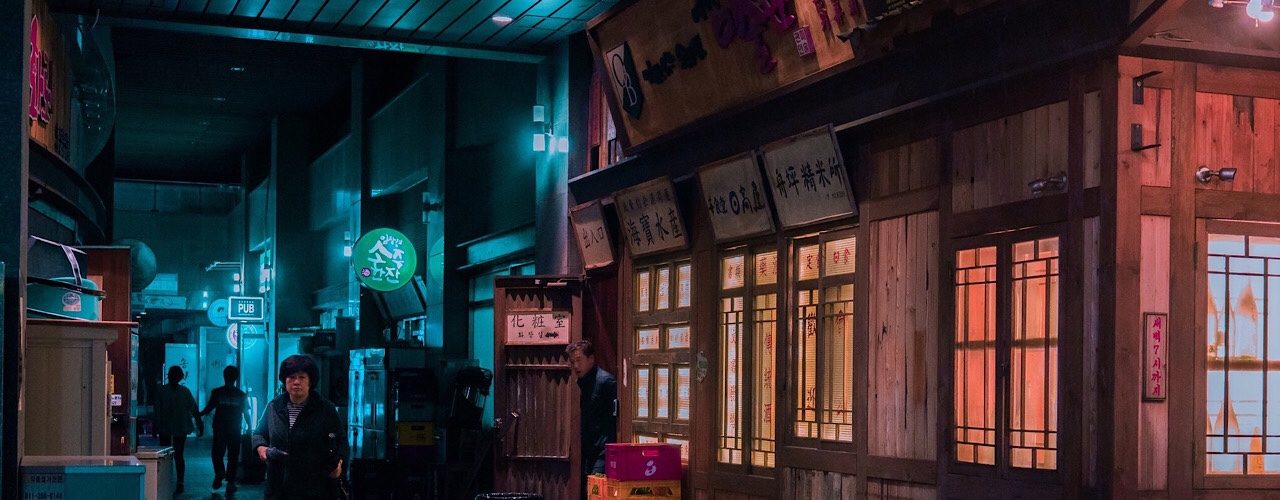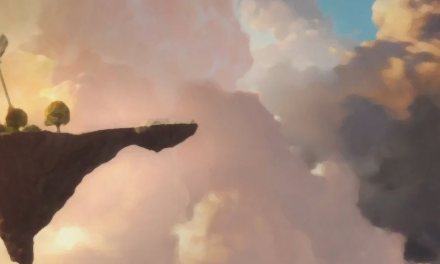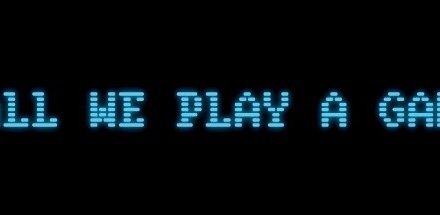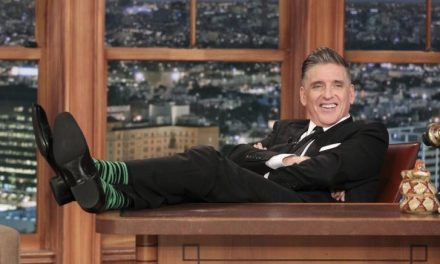My twenty-year high school reunion is around the corner and the thought of seeing old classmates bring to mind the large difference between the questions “what do you do” and “what do you do for a living”.
I believe that most people, when making introductions, ask the former while implying the latter. Our jobs are such a large part of our identity that knowing what someone does can help us narrow down—rightly or wrongly—who they are as a person. Most of us spend most of our waking hours engaged at or with our employment and yet, even well into a professional career, does that say a meaningful amount about a person?
My job, on the whole, is to help salespeople capitalize on opportunities to sell IT services. I’ve worked in low-tier help desk gigs, I’ve been a senior engineer in a nationwide firm, I’ve even been the director of operations for an entire region of California. Do any of these really define who I am, no matter how long I spent in each position?
I (re)started this blog a few years ago as a way to focus my thoughts and share my stories with the world. Eventually I grew to write a lot, and even as the word count piled up it was a very difficult process to think of myself as a writer, rather than as just someone who writes. It’s not what I do for my day job, it’s not something I’m paid to do, and it’s not something for which I’m widely known. To me however the distinction was important, a way of framing how I viewed my relationship with the art.
In today’s world calories are cheap and nutrition is expensive, but even as far back as I can remember there were advertisements for fad diets and “get skinny quick” schemes. Some people would talk about what diet they were trying or what they wanted to go back to eating, and ultimately almost none of the methods attempted would provide lasting results.
Some years back I decided to get serious about my health, and I knew that “dieting” wouldn’t work—I’m far too apt to quit when things get hard rather than persevere. Instead I decided to change my relationship with food. Instead of staying away from desserts because I was on a diet, I became someone who didn’t eat dessert during the week. I didn’t eat chicken because it’s what some diet blog told me, I became someone who ate 200g of protein a day. I didn’t work out because I had to, I worked out because I became someone who worked out.
Over the next year I lost more than 40 pounds, putting me below even my high school graduation weight, with a far better command of my muscles; I could lift more, run farther, and move faster than I ever could have before. What’s more important—to me—is that I didn’t just become healthier, I stayed that way for several years. Measuring out food portions wasn’t a chore, it was just something I did. Making sure I got enough sleep wasn’t good advice, it was something that was important to me.
To me, there is a large difference in mentality between being someone who takes part in an activity, and one who integrates that activity into who they are. I don’t write every day, but I can feel that tension behind my eyes and the stories uncomfortably at my fingertips when I haven’t put them to paper. I had to step back and realize why I was staying up late so often, restless and unfulfilled, and it was because I wasn’t engaging in something that was core to who I am.
With the completion of my novella Pandora’s Box: a Weak Point between Here and There, and the subsequent submission to various publishing agents, I feel that it’s appropriate to graduate from “writer” to “author.” Am I comfortable with that title, knowing that my book hasn’t been picked up yet and that it may never be? Of course not. I do recognize however that no matter how successful or impressive it could have been received, I would have always found a way to diminish it, to dial back the sense of accomplishment.
Thus I had to thoroughly lean in to the idea that I was worthy of the title, and come to terms that—even unpublished—I had accomplished a great deal that many aspiring writers never attained.
- I took a half-formed story idea and fleshed it out, expanding the narrative across whole chapters. Literally hundreds of pages of text
- I pursued a professional editor and had her carefully review my work
- Taking her suggestions and recommendations, I repolished my story, even rewriting, removing, or adding new content where needed
- I researched the state of the industry, including the nature of self-publishing, vanity works, and the difference between agents and publishing houses
- I submitted my work
- I received my first rejection letter
That last step was almost magical, to the point of even writing a blog entry all about the feeling I got when I received that first response in my mailbox. My friends and family thought it so odd that I wasn’t discouraged, and in many ways was quite the opposite—in that moment I had the epiphany that of all the people who have thought of stories, of all the people who started to write them down, how many had gotten to that point? Each level of the above list was a steep culling of the hopes and dreams of many who wanted to pursue the journey of being an author; with each step fewer and fewer people had the energy or the drive to keep going.
And yet, somehow, against all odds and against all expectation, I had done it. Of course the ringing triumph would be to see a book with my name on it in store shelves, but I know that it’s not a question of whether it’s possible—I’ve already done all the work to get to this point, I know it’s possible—it’s just a question of continuing to run the race until I can look back and see the finish line.
I recently changed my LinkedIn profile to say “Author” as well as my standard professional titles. One or two people asked me about it and what books I had written. I was happy to tell them that there was a big difference between authoring a book and publishing one, and that the hard part is now done. I honestly don’t know how my responses landed with them, particularly because it was all over text chat, but in some ways I don’t care if they think I’m not worthy of the title.
In so much of my life I suffer from crippling imposter syndrome—the idea that all of my success is a fluke and I don’t deserve anything worthy from my work or social relationships—and get here is one area where that loud roaring in my head becomes a small babbling whisper, something I can ignore and tune out; I’ve written a book.
When someone at the reunion, or honestly anywhere else, asks me what I do, I know what my answer will be—I tell stories. Is that what I do for a living? Certainly not, but it is exactly what I do, and how I want to present myself to the world.
Header image taken by @steveroe_, who captured this great shot in Seoul.















